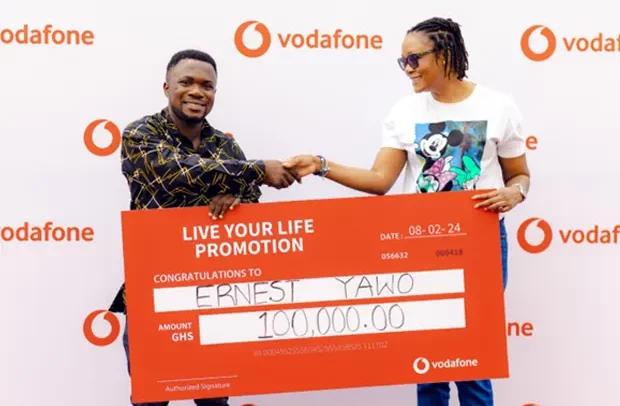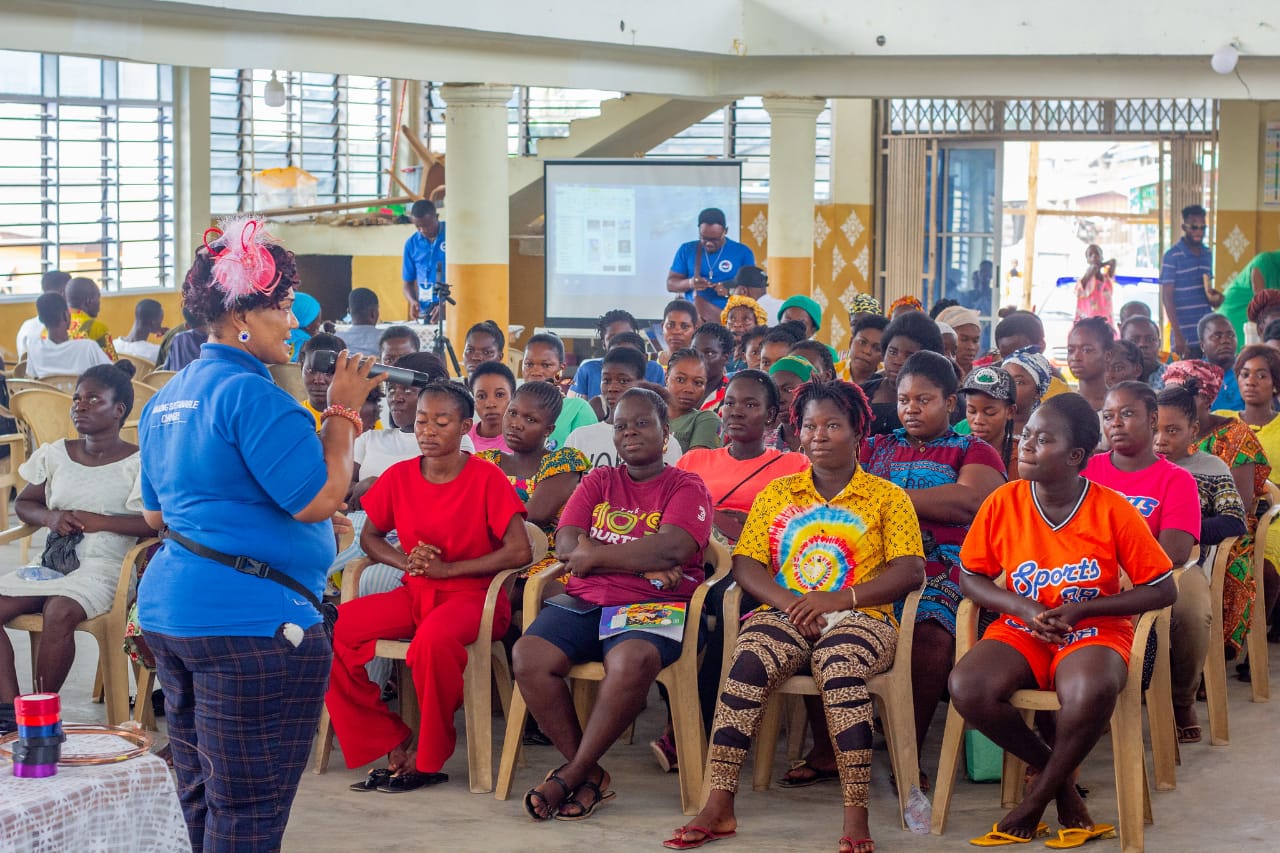
By Gifty KYEREMATEN
In my last article on the subject, I shared Léo’s networking experience as an intern in Ghana, and highlighted both the advantages of professional networking and the common obstacles that hinder it.
We identified key benefits such as forming partnerships, finding mentors, and gaining access to international markets. On the flip side, we made mention of barriers like fear of rejection, financial constraints, and a general lack of interest.
To write a well-rounded follow-up to the article, I conducted some informal research with young professionals and a few corporate organizations. I was pleased to discover that corporate networking events, especially in Accra, are on the rise,
Thankfully, some banks now organize regular themed networking sessions for their clients; several restaurants host “After Work Mixers”; and some companies put together casual gatherings like Corporate Thursdays, where employees meet over food, drinks, music, and more. These events are enjoyable and valuable opportunities to unwind, build trust, foster team spirit, and socialise.
The aim of this article is to explore common mistakes people make at networking events and to offer some practical, pro-level tips on how to make the most of these opportunities.
Common mistakes to avoid
Sometimes, we see social networking as a waste of time. However, I cannot overemphasize how often valuable connections made at networking events have led to signed deals, job promotions, project collaborations, and even joint ventures.
When we approach networking with a negative mindset, especially when we feel “forced” to attend, we often fail to prepare or present our best selves. One common mistake is isolating yourself: sitting alone or staying glued to your phone instead of engaging with others. This not only defeats the purpose of attending but also signals disinterest to potential connections.
Another common habit is clinging to familiar faces, or even avoiding events altogether unless we’re accompanied. In our culture here in Ghana, we often find ourselves falling into this pattern. While it’s comfortable to stay close to people we already know, doing so limits the opportunity to build new relationships.
Lack of preparation is another error that many overlook. Depending on the nature of the event, I usually set a simple goal for myself such as having conversations with a specific number of new people. This helps me stay intentional and engaged throughout. Other pitfalls include diving into controversial topics like politics, engaging in gossip, or complaining about the venue, food, or event organization. These behaviors can be off-putting and often make conversations unproductive.
Finally, remember that networking is not a sales pitch. Talking excessively about yourself or aggressively pushing your business can come across as self-centered. Aim for authentic, two-way conversations. Those who over-sell themselves often fail to listen. Interrupting others or constantly steering the discussion back to yourself sends the wrong message and can quickly turn people off.
Tips to network like a pro
Effective networking often begins with intentional preparation. One smart way to prepare is by crafting a strong elevator pitch. Know yourself, and practice how to present who you are and what you do in under a minute. Use the “Who,” “What,” “Where,” and “How” framework: Who are you? What do you do? Where do you work or operate? How do you add value?
This may sound simple, but it isn’t. When I young professionals and ask them to practice their elevator pitches in pairs, they are often surprised by what they learn about themselves, especially when they hear how others perceive them.
If you are unsure how to start a conversation, begin with a light, genuine compliment, perhaps about the other person’s attire, accessories, or hairstyle. That said, if you’re a man complimenting a woman, be mindful of how you phrase things so as not to send the wrong message.
Other great conversation starters include the weather, current events, recent sports fixtures, upcoming holidays, or shared interests. Mutual acquaintances can also serve as easy connection points.
The goal is to keep things light, engaging, and inclusive. I often advise young people in Ghana to cultivate diverse interests and hobbies. Don’t wait until retirement to develop a taste for Wimbledon, Art Basel, Nzulezu, Volta kayaking; or whatever your area of curiosity may be. The broader your interests, the more entry points you will have for starting and sustaining conversations.
The power of follow-up
After a networking event, follow up with your new contacts. A quick message, even just a “nice meeting you”, can go a long way. Share opportunities, ideas, or helpful information when appropriate. And most importantly, be consistent. Networking is a long game, and it works best when you are not only reaching out when you need something.
Final Word – Start small, grow big
To “network like a pro” means being intentional, consistent, and sincere. Great careers and big ideas often begin with a simple conversation. So don’t wait for opportunities…create them! One handshake, one message, one conversation at a time can lead to game-changing moments. And why not be the one to organize the next networking event at your office or in your industry circle?
Networking is a mindset. Start small and as your confidence grows, so will your circle, and your impact.
Bon courage!
>>>the writer is the Founder and CEO of Elite GK Consulting, Elite GK Consulting specializes in etiquette and soft skills training. Gifty holds an MSc in Education Entrepreneurship from the University of Pennsylvania, and an MBA from the Open University, and is a Certified Etiquette Coach from The British School of Excellence. Before founding Elite GK Consulting, Gifty gained extensive experience in international relations, diplomacy, and cultural diversity, including a notable tenure at UNESCO in Paris. Her career has equipped her with nearly three decades of expertise in international development and diplomacy. Gifty is also actively involved in community work, having supported African youth and Ghanaian students in France, and she continues to contribute to her community in Ghana by organizing workshops and events. Her commitment lies in empowering individuals and organizations to thrive globally while maintaining their cultural heritage, with a particular focus on nurturing young African professionals.
The post Network like a pro (Part 2) appeared first on The Business & Financial Times.
Read Full Story

























Facebook
Twitter
Pinterest
Instagram
Google+
YouTube
LinkedIn
RSS